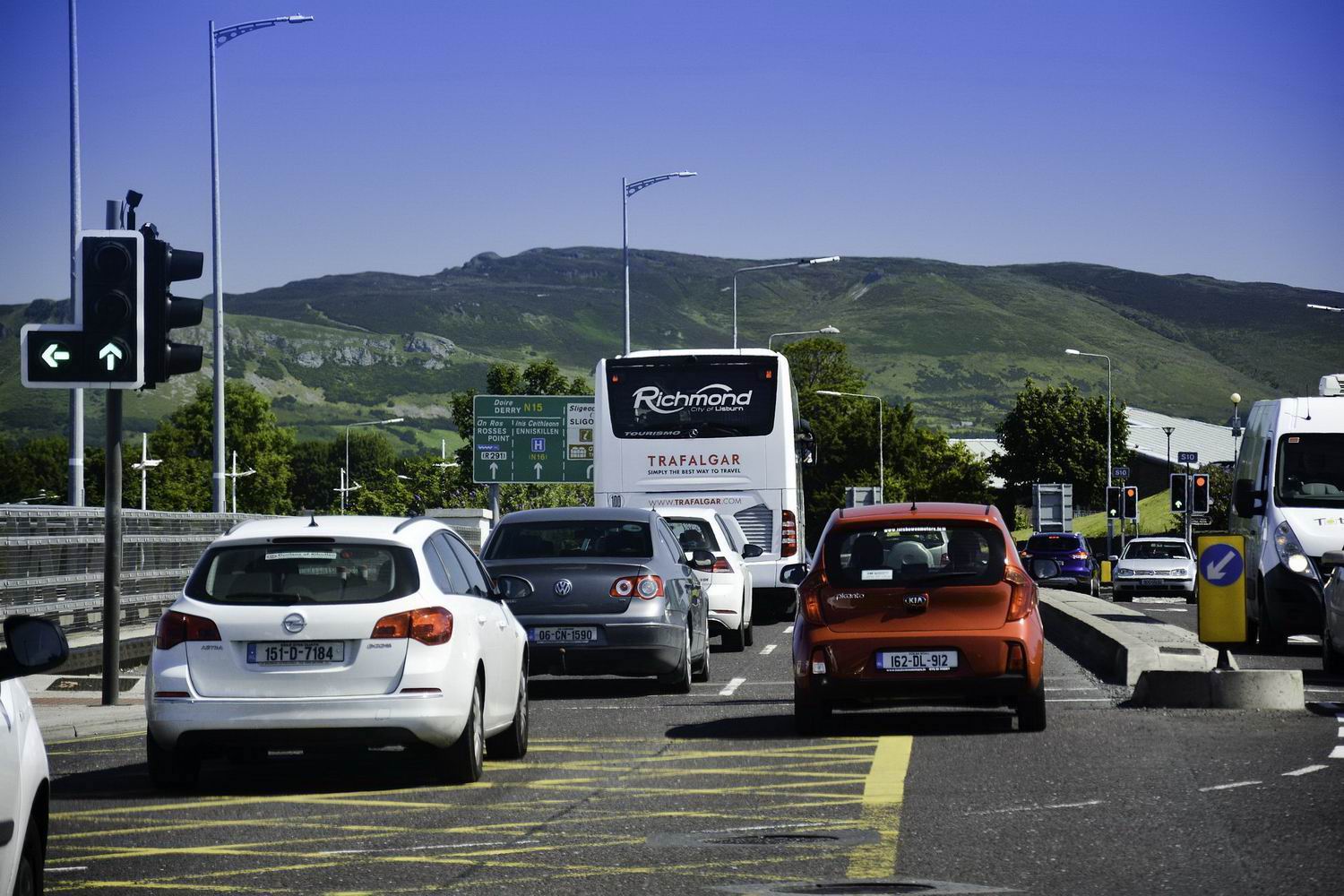The latest National Development Plan, or NDP, which now covers the period from 2021 to 2030, has committed some €35 billion to be spent on transport in Ireland.
Major road projects remain on course, but...
From a driver's perspective, that does mean that new roads will be built - the plan, in theory, carries over all of the major road-building projects previously committed to - but there's a sting in the tail, in that most of the big projects will be downgraded in importance, and some may not be completed at all.
According to The Irish Times, one senior source in Government has admitted that some, even many, of the road-building projects that have been announced - including the M20 motorway from Cork to Limerick; the Galway City outer ring road; the co-funded A5 to Derry; the upgrade of the N4 from Mullingar to Longford; and the N24 from Limerick to Waterford - may well be left to wither on the vine. Others will see their status downgraded from motorways to national primary routes, including sections of the Cork-Limerick M20, which has now been renamed the M20/N20. Furthermore, the NDP now says that: "the greenhouse gas emissions associated with a new road investment are not just the emissions attributable to the construction work and the materials used in that but rather should incorporate some assessment of the emissions consequences of the future usage of the road, including induced traffic. This work will entail considering how such assessments are performed at the moment and what reforms might be implemented to improve these assessments."
Improved bus services
The much-discussed two-to-one spending ratio between public transport and roads has been more or less enshrined in the new plan, and that should - hopefully - lead to significantly improved public transport networks in Ireland's five major cities. That said, outside of Dublin, most of those transport networks will be relying primarily on improved bus services, so it remains to be seen how keen actual commuters will be on plans to swap some 500,000 regular journeys from private car to public transport and 'active travel' (walking or cycling) by 2030.
There will be major changes to bus services, including easier ticketing and payment setups, and new bus corridors with segregated cycle lanes. Bus fleets will also be updated and improved, although the plan only commits to 'low emissions' buses - with some 980 hybrid buses on order - rather than aiming for zero emissions.
Trains too will come in for improvements, with new urban and light rail schemes in Dublin, Cork, and Limerick as well as the enormous investment (currently estimated at €3-billion) of the underground 'Metrolink' train system in Dublin.
More investment in Active Travel
More investment will also be put into establishing safe walking and cycling routes to schools across the country, although one might cynically say that putting a roof on the country might have more of an effect on the 'Active Travel' side of things.
To help pay for all the public transport initiatives, the Government will continue to raise carbon taxes, aiming for a carbon cost of €100 per tonne by 2030. The plan does not pre-empt the upcoming Budget by mentioning any specific new taxation or limitation on private car use, but it does note that: "the transition of the vehicle fleet to electricity will continue to be supported by Government, including through a regulatory backstop that will prohibit the sale of non-zero emission vehicles from 2030 onwards and will be underpinned and complemented by further Government support for electric vehicle charging infrastructure."

